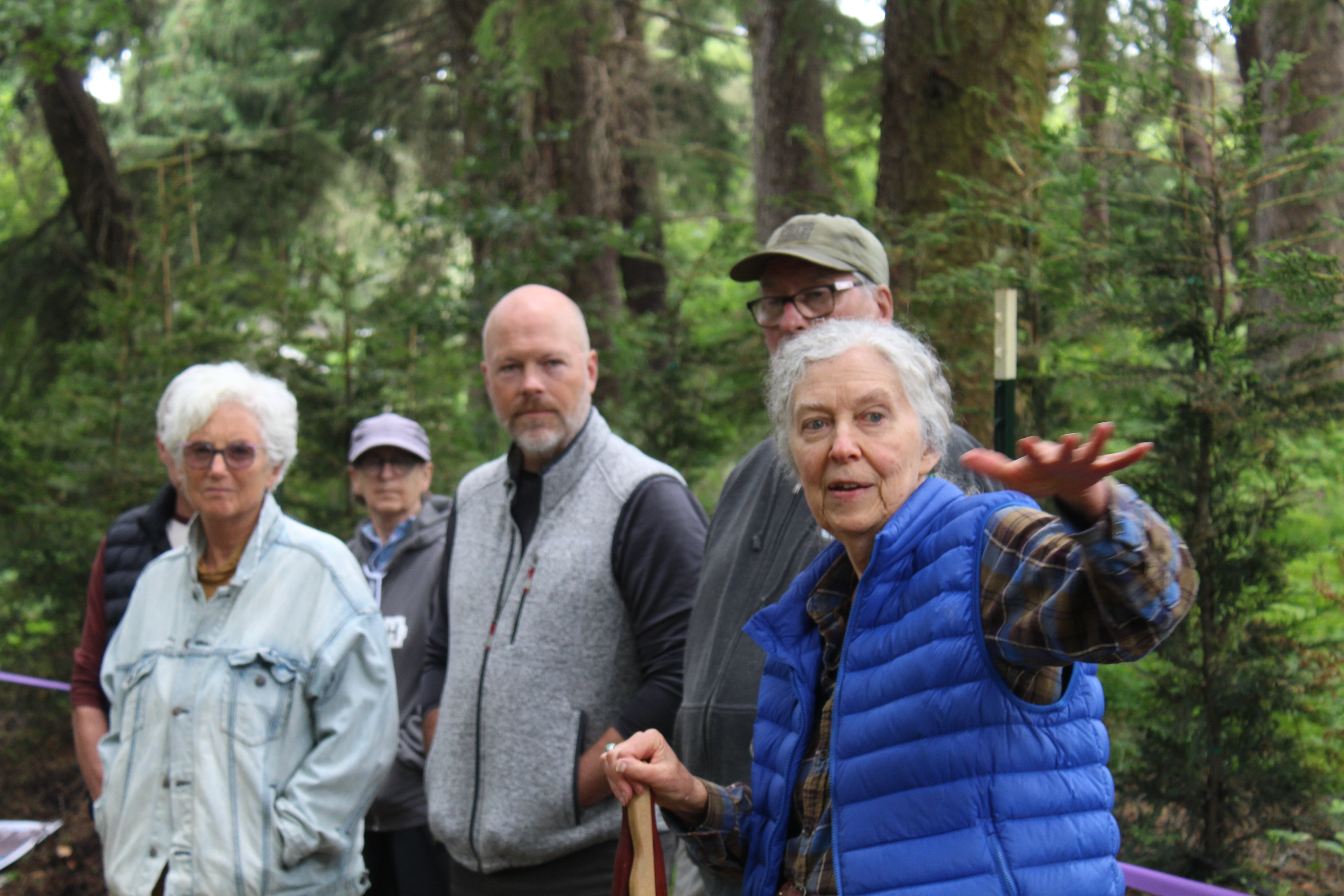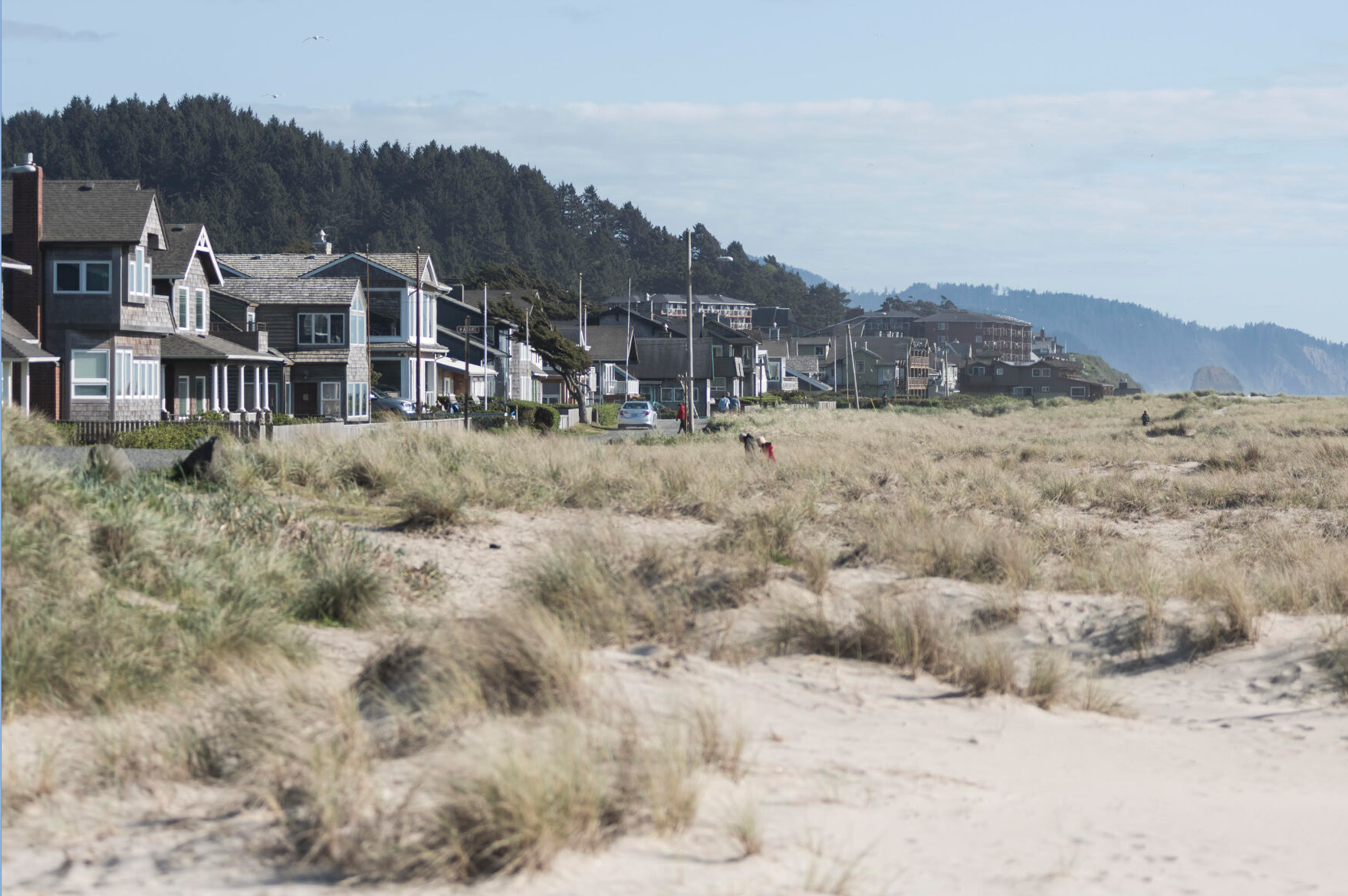Gearhart rental ordinance may change
Published 5:00 pm Tuesday, August 27, 2013
Members of the Gearhart Planning Commission and City Council are considering changes to the way short-term rental properties are taxed and regulated within the city.
Trending
The members of both bodies met for a work session earlier this month.
The citys ordinance governing short-term vacation rental properties exempts about 50 single family homes that are available for rent from having to pay Gearharts 7 percent lodging tax. However, owners still must pay Oregons 1 percent lodging tax.
Gearhart City Administrator Chad Sweet estimated that the city is losing out on about $95,000 per year through the exemption. He based that on a preliminary count of properties and a 30 percent occupancy rate, a number that is in line with the multi-family properties that are covered under the ordinance.
Trending
Those condominium and apartment-style rentals and hotels, which the ordinance covers, are expected to bring in about $180,000 to the city this year.
The city has no ordinance requiring inspections or occupancy limits for short-term vacation rentals within the city.
Sweet said he found through his research that single family homes are popular rental options. They allow people to pool their resources and use facilities like kitchens that can reduce the cost of a vacation, he said.
The commissioners and council members, including Mayor Dianne Widdop, broke into three groups at the work session to discuss whether a short-term rental ordinance would be good for Gearhart and, if so, whether there should be a limit to the number of homes included.
After about 30 minutes of discussion, the three groups came back to answer the basic questions with pros and cons.
City Councilor Dan Jesse said he believes treating the single family homes the same as other vacation rental properties would level the playing field and allow the city to have a little more control over whats happening in the community.
Together, the councilors agreed on a set of reasons for instituting an ordinance. It could:
Level the playing field
Inform residents of the rentals near their properties
Provide for safety inspections
Provide more local control
Support infrastructure
Provide the city with the opportunity to hire a code enforcement person.
However, the councilors also considered why an ordinance wouldnt work. It could:
Cause resistance
Potentially lead to neighbors spying on neighbors
Add cost to city administration
Increase tourism
Stress infrastructure
Provide incentive for investors if there is a limit on the total number of single family rentals and no limit on transferring a license or in the total number of licenses someone could own
Cause Gearhart to lose its residential feel
City Councilor Joy Sigler, who owns the Pacific Crest Cottage, said there is some uniqueness to Gearhart, thanks to things like lot sizes and infrastructure.
Can we think for a minute why a house is built? she asked. Its built to be occupied.
Sigler said she did not want to impose an ordinance on individuals within the community who only occasionally rent their homes or do all the work themselves.
Echoing Sigler, Clatsop County Commissioner Sarah Nebeker, who was in the audience, said she knew people who would have lost their homes during the recent recession if they had not been able to rent them.
I felt like it was saving some homes, she told the group. Before being elected to the county commission, Nebeker was a longtime member of the Gearhart Planning Commission.
Planning Commission member Carl Anderson suggested the group consider a third alternative, other than doing nothing or writing a new ordinance. In what the group members were jokingly calling the Carl Compromise, they would remove the exception from the existing tax ordinance.
The whole advantage of what were saying is moving toward data collection, Anderson said. He told the group he thought this would provide a fuller picture of the number of single family vacation rentals within the town.
In Cannon Beach, vacation rentals are identified as either short-term rentals or vacation homes. There are an unlimited number of vacation homes, but owners are only able to rent them to one individual or group every 14 days. Short-term rental licenses, which are capped at 92, nontransferable and awarded through a lottery system, allow owners to rent their properties as much as they like.
All are subject to state and local taxes and inspections from the city.
In Seaside, vacation rentals are required to have a license and face inspections and other regulations. They are also required to pay state and local taxes.
In Gearhart, the group ultimately decided to begin looking at removing the exemption from the existing tax ordinance to get a better idea of the scope of single family rental homes in Gearhart and then consider a more comprehensive ordinance encompassing all vacation rental properties.
The City Council and planning commission plan to provide opportunities for the community to voice its opinion at forums or additional work sessions in the coming months.









